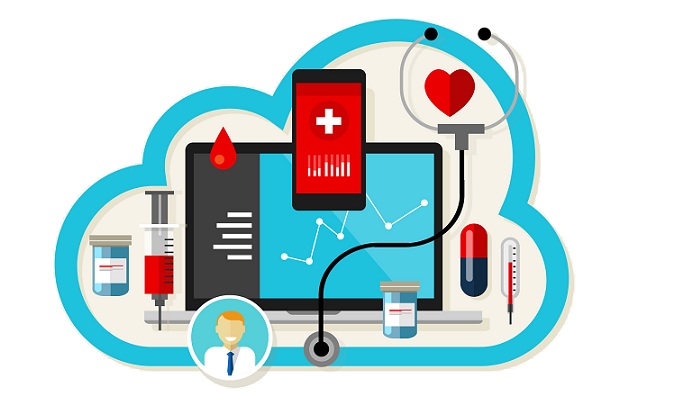The first member of the Mayo Clinic Care Network in Saudi Arabia has announced the commencement of its unified electronic medical record (EMR) system with InterSystems.
International Medical Center (IMC), a multi-disciplinary hospital in Jeddah that operates several facilities in the city, is now running InterSystems TrakCare. This follows the signing of an agreement that took place in November 2020.
“It will be an exciting journey for us to adopt the new EMR,” said Khalid Alem, Deputy CEO of IMC. “TrakCare will enhance IMC’s cloud footprint in line with the Kingdom of Saudi Arabia’s cloud-first strategy, as we will become the first hospital to use cloud-based EMR.
“This also will support us with our future growth and expansion programmes. The standardisation of EMR is critical for this project’s success as it strikes a perfect balance between optimum technology and enhanced patient care.”
TrakCare, which currently serves 100 million people in 27 countries, provides “clinical, administrative, and financial information as a single source of truth for each patient in one EMR,” with “built-in integration technology [to] keep it up to date with data” across an organisation.
The system – which is being implemented as a service, meaning as a “private cloud-based healthcare information system that follows an OPEX model based on subscriptions” – will run in IMC Hospital, Petro Rabigh Clinic, The First Clinic, Tadawi Center, and First Scan, the company confirmed.
According to IMC, TrakCare recently added a mobile, touchscreen-enabled user interface to optimise the user experience.
“We are leveraging the TrakCare EHR [electronic health record] solution with comprehensive workflows and global standard practices,” explained IMC Chief Medical Officer, Emad Sagr. “We aim to standardise our workflows and make life easy for our caregivers.
“We are looking forward to the next digital experience with standardisation as the goal for this project. TrakCare, with its comprehensive Revenue Cycle Management, will help the administration side as well.”
This latest adoption is part of the company’s efforts to “align with the Saudi Vision 2030 and provide world class healthcare services to patients through tech innovations and digitisation.”
The Kingdom’s Vision 2030 aims to drive the digital transformation of health systems and inspire new collaborations between public and private sectors for improved clinical and financial outcomes.
“TrakCare will amplify our ability to achieve the quadruple aim on behalf of our patients – allowing us to provide better care for individuals and populations, with a high level of service, at a sustainable cost, and in a manner that engages and energises our colleagues,” said Muhammad Siddiqui, Chief Information Officer at IMC. “The platform will enable a better care experience for the people we serve, providing a single, comprehensive health record with seamless access to clinical and billing information. It will also improve the experience for our providers and clinicians through integrated information to improve patient care and support seamless handoffs.
“Once implemented across IMC, TrakCare as a service will be the first complete cloud EMR implementation in the Kingdom.”
“We see this technology advancement as an enhancement to our core values,” said Walid Fitaihi, CEO and Chairman of IMC. “This will enhance the patient care abilities of our caregivers and significantly improve the patient experience. We aim to adopt global best practices and standardise patient care using this robust and proven EMR.”
Ali Abi Raad, Country Manager for the Middle East and India at InterSystems, added: “The TrakCare project kick-off is an important milestone and a big leap towards the standardisation of patient care at IMC. We are committed to helping the IMC management and staff fulfill their digital transformation goals and are looking forward to collaboratively working towards the successful implementation of TrakCare as a service across all IMC facilities.”
>>>


















